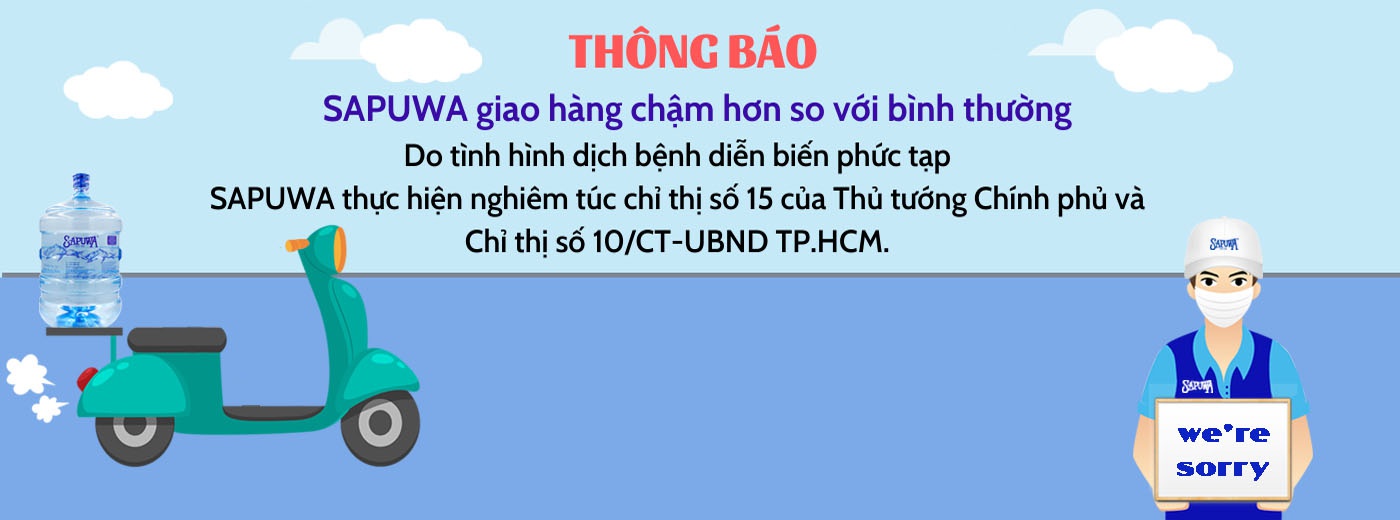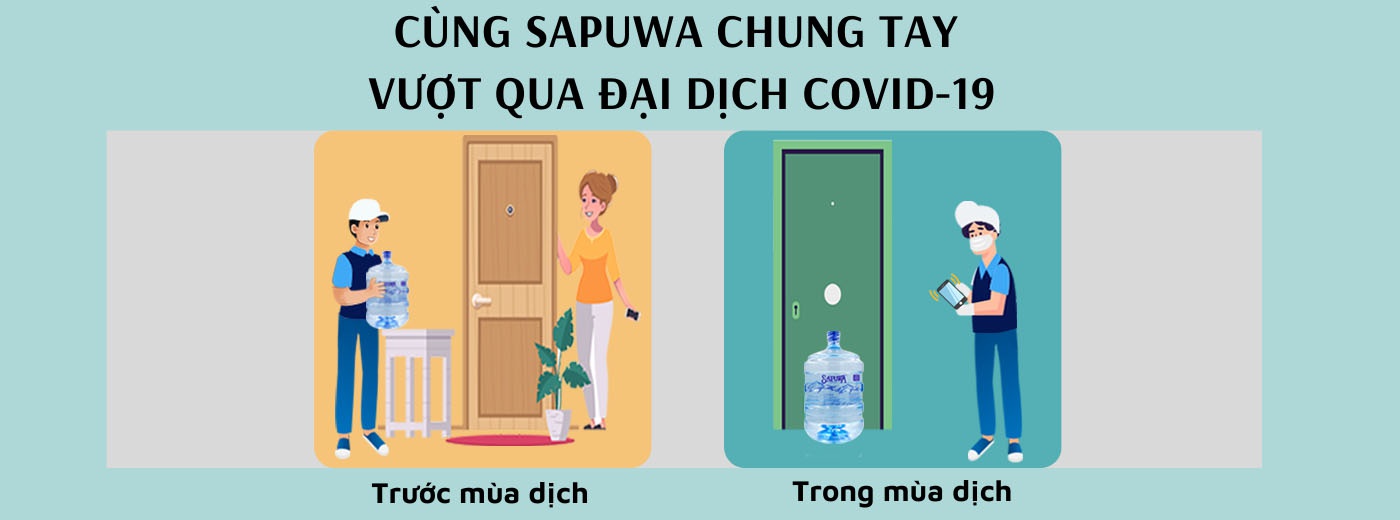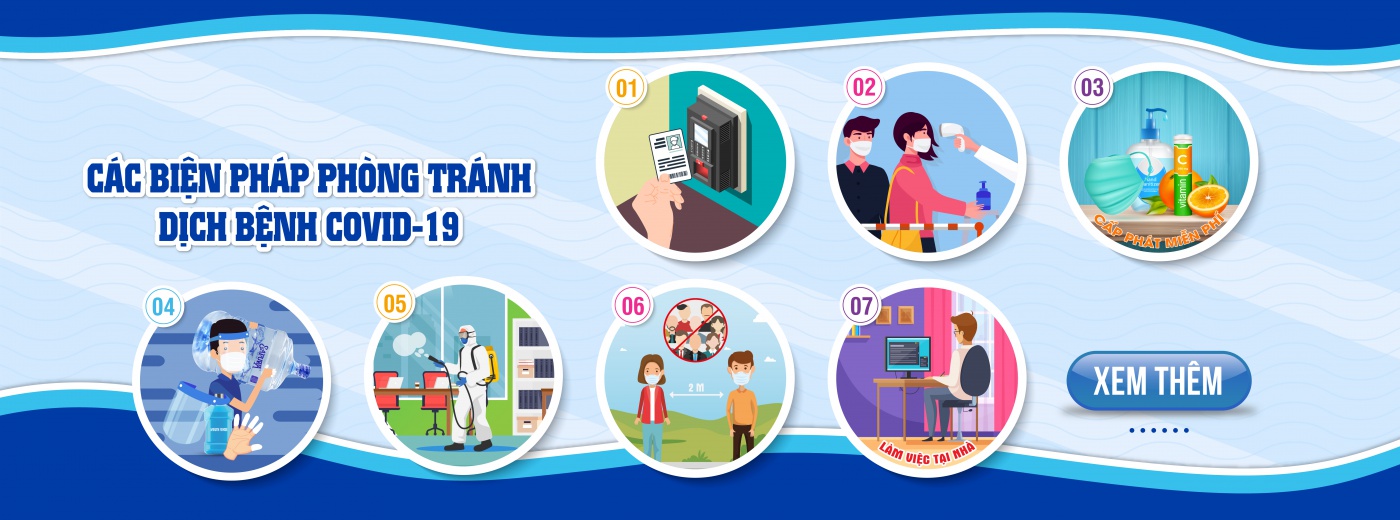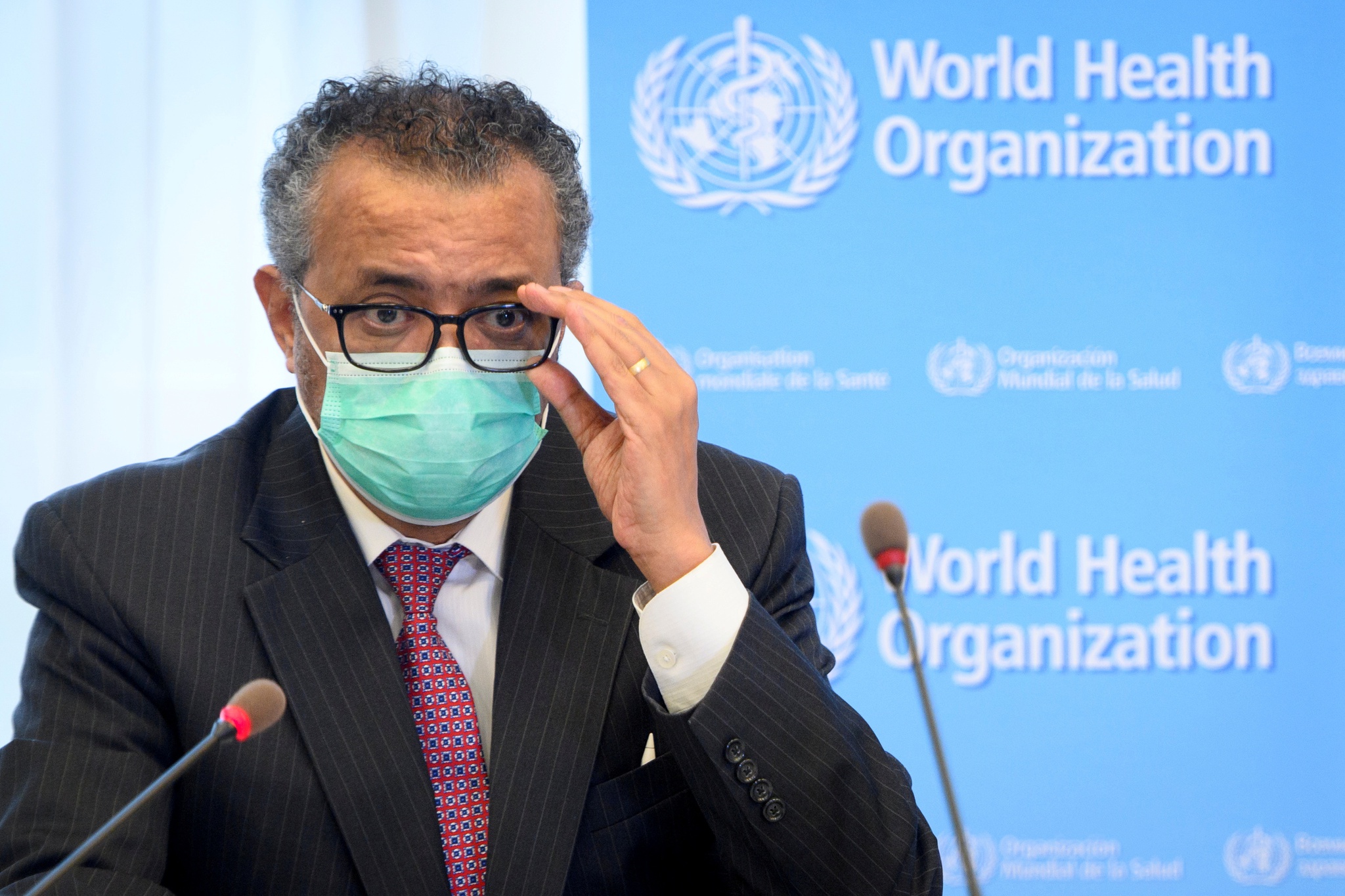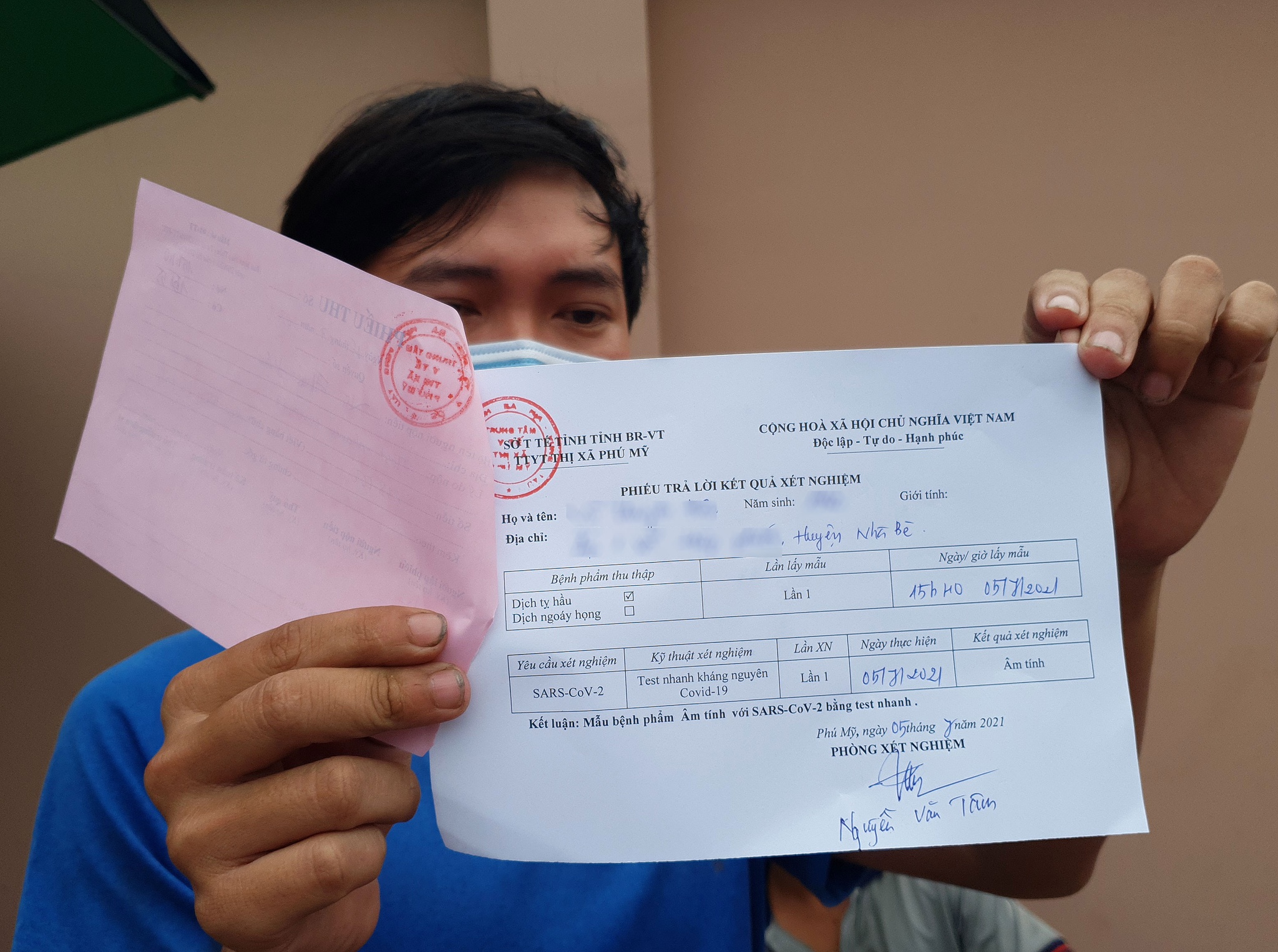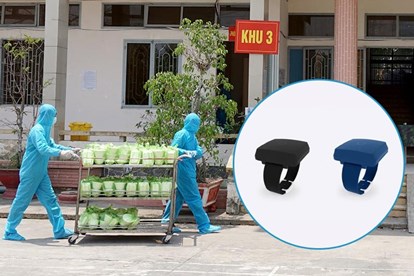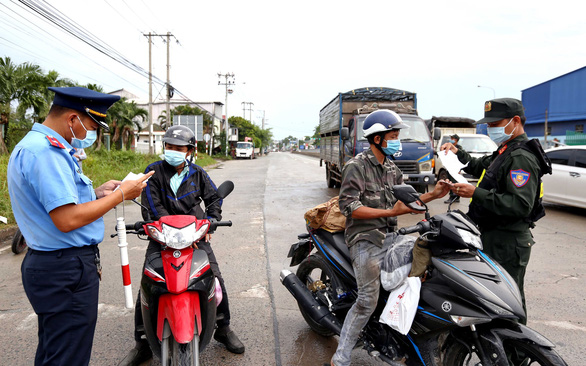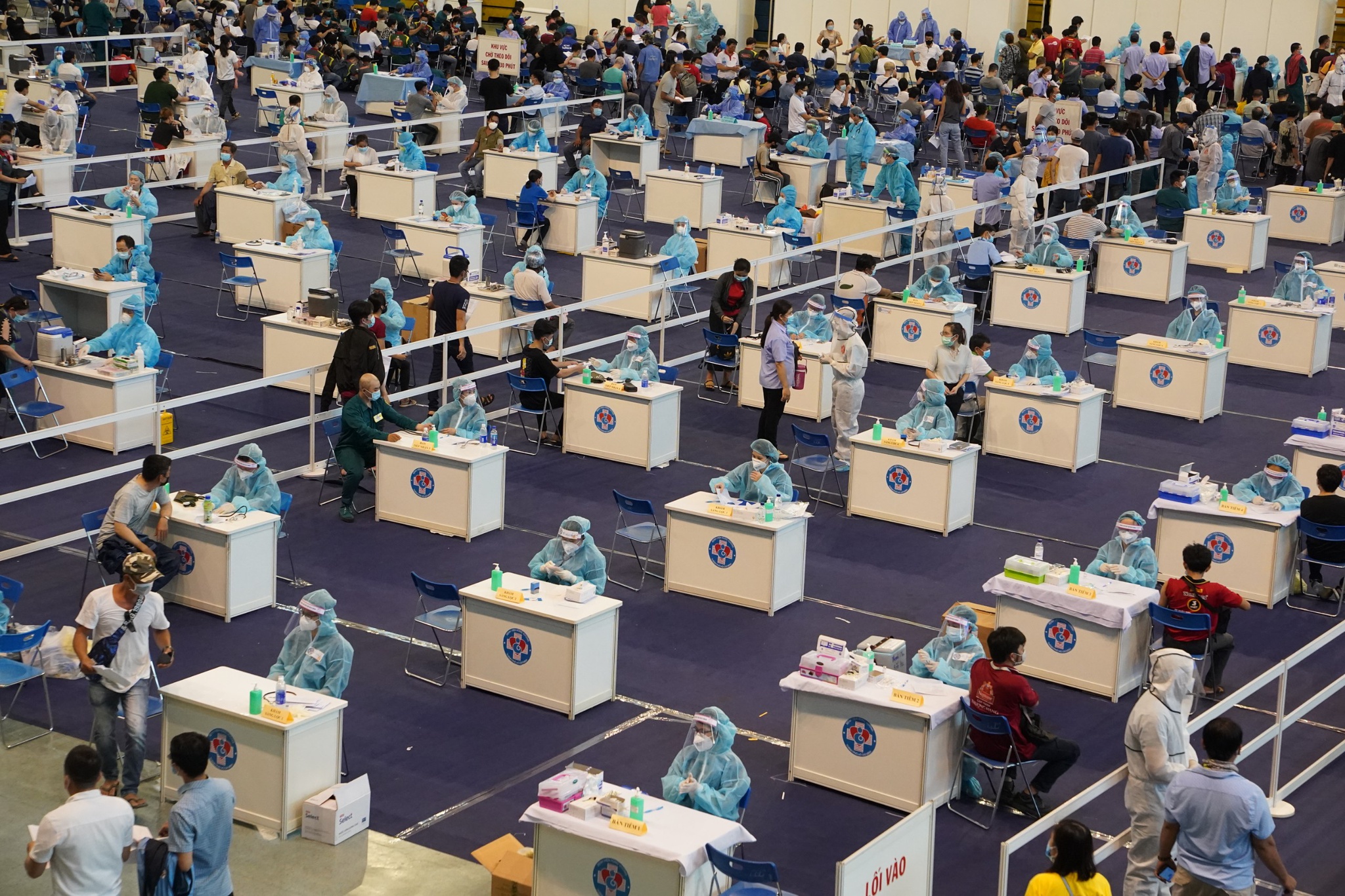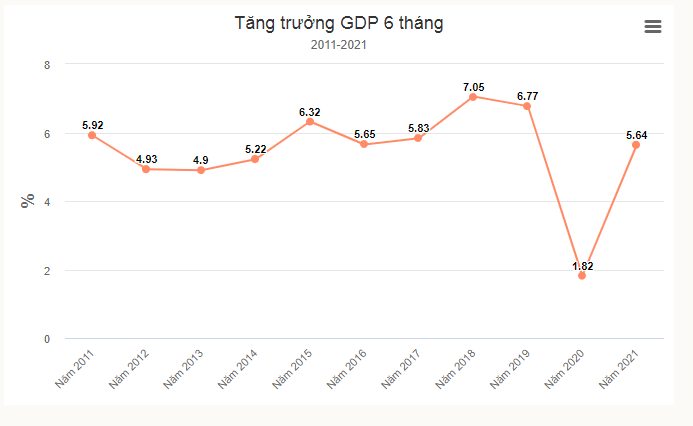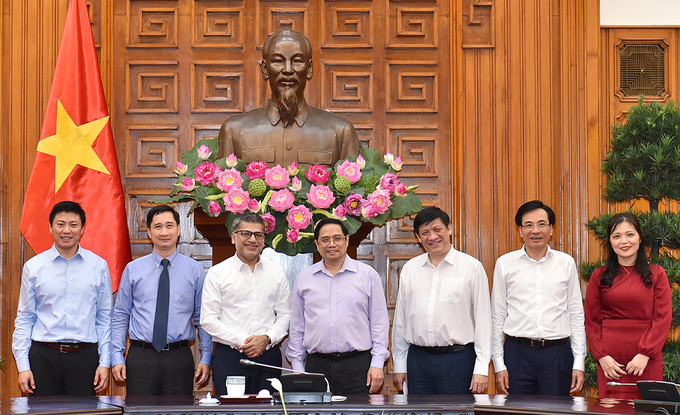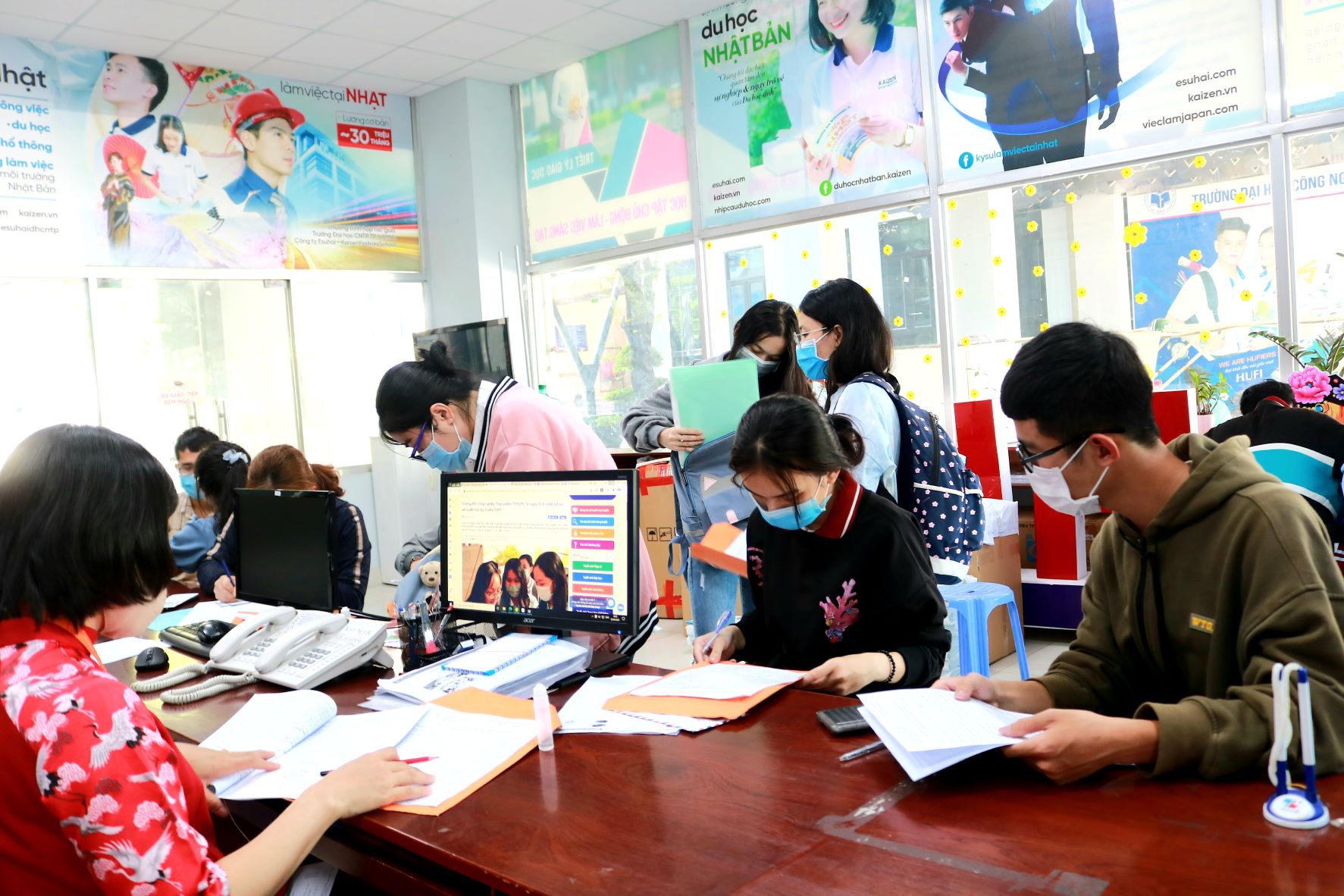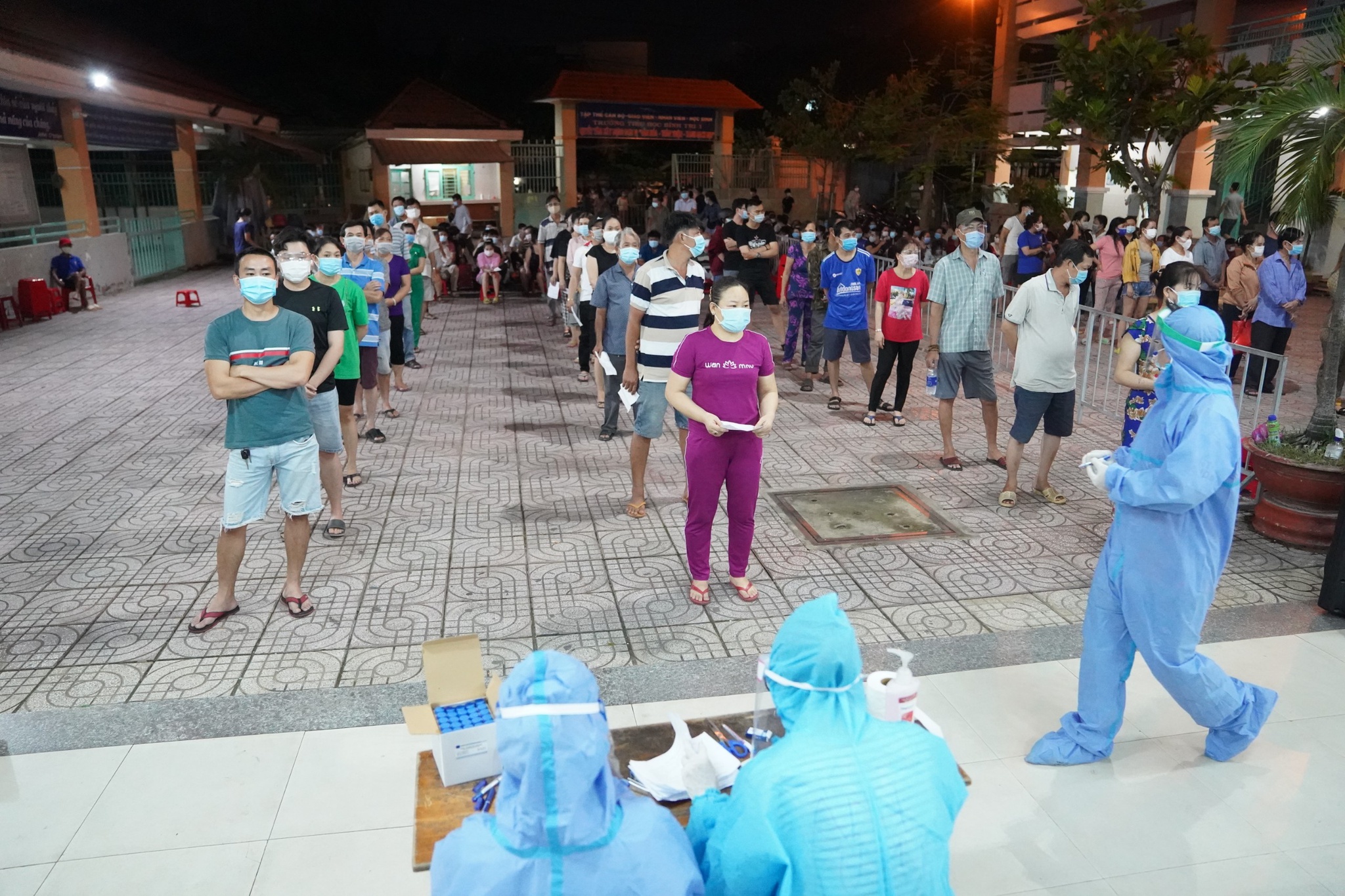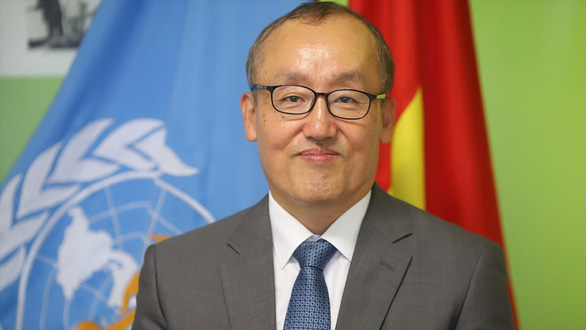THÔNG TIN SƯU TẦM

Covid’s Spreading Fast Because Billions Don’t Have Water to Wash
A severe household water shortage facing two out of five people in the world is undermining efforts to contain the coronavirus pandemic.
Frequent and thorough hand washing are among the most effective measures in restricting the spread of the virus because the primary routes of transmission are droplets and direct contact, according to the World Health Organization. Yet, some 3 billion people don’t have access to running water and soap at home, and 4 billion suffer from severe water scarcity for at least one month a year, the United Nations group UN-Water said.
“It is a disastrous situation for people living without access to safe water and safely managed sanitation,” UN-Water Chair Gilbert F. Houngbo said in an interview. “The chronic underinvestment has left billions vulnerable and we are now seeing the consequences.”
Years of deferred investments in clean water and sanitation are now putting everyone at risk as the virus spreads through developed and developing nations generating a cycle of infection and reinfection.
The world needs to spend $6.7 trillion on water infrastructure by 2030, according to the UN, not just for the urgent sanitation needs, but to tackle longer term issues from the pandemic such as providing better irrigation to head off a potential food crisis, Houngbo said.
Some companies have stepped in to offer solutions for the most urgent problems. Japan’s Lixil Group Corp., which owns brands such as American Standard and Grohe, worked with Unicef and other partners to create an off-grid hand washing gadget that needs only a small amount of water in a bottle. For $1 million it will make 500,000 units in India to be donated to serve 2.5 million people before it starts retail sales.
It’s a rapid, short-term response to help fight the pandemic, but more sustainable investments are needed, such as installing piped water to more homes, said Clarissa Brocklehurst, faculty member of the Water Institute at University of North Carolina and a former water, sanitation and hygiene chief at Unicef.
Water Inequalities
The lack of access to basic water and sanitation is one more example of the lethal effects of inequality being exposed by the pandemic. The impacts of water mismanagement are felt disproportionately by the poor, who are more likely to rely on rain-fed agriculture for food and are most at risk from contaminated water and inadequate sanitation, the World Bank said.
Underprivileged people in cities are particularly vulnerable as they often live in densely populated areas where social distancing is hard, especially if they have to share a water source. Transmission in the Americas has been tougher to contain in poor urban areas that have limited access to water, sanitation and public health services, said Carissa Etienne, director of the Pan American Health Organization.
As many as 5.7 billion people could be living in areas where water is scarce for at least one month a year by 2050, creating unprecedented competition for water, said UN’s Houngbo. By one estimate, each degree of global warming will expose about 7% of the world’s population to a decrease of renewable water resources of at least 20%.
“Hand washing for so long has been what I would call infantilized,” Brocklehurst said. “All of a sudden, it’s a matter of life and death and adults are teaching themselves hand-washing songs.”
Source: bloomberg.com
Collected by My Nguyen
Tổng giám đốc WHO: Chưa thể loại trừ khả năng Covid-19 rò rỉ...
Người đứng đầu Tổ chức Y tế Thế giới (WHO) ngày 15.7 cho biết vẫn còn quá...
Một tuần đi qua
Vậy là đã qua được một tuần cách ly toàn TP.HCM theo chỉ thị 16
Khổ vì giấy xét nghiệm Covid-19
Ngày 5.7, tại cuộc họp trực tuyến của Ban Chỉ đạo quốc gia phòng, chống...
TP.HCM đề xuất giám sát người cách ly tại nhà bằng thiết bị...
Sở Thông tin và truyền thông TP.HCM vừa có văn bản đề xuất UBND TP.HCM về...
Không 'đóng cửa' nhưng sẽ kiểm soát chặt chẽ người ra vào...
TP.HCM không đóng cửa hay phong tỏa nhưng sẽ kiểm soát chặt chẽ người ra vào...
TP.HCM: Chiến dịch tiêm 836.000 liều vắc xin Covid-19 kết thúc hôm...
Tính đến hết ngày 29.6, TP.HCM đã tiêm trên 805.000 liều vắc xin Covid-19 trong...
Tại sao 'gánh' dịch, kinh tế vẫn tăng trưởng gấp ba cùng kỳ
Con số GDP 6 tháng tăng 5,64% khiến giới phân tích bất ngờ bởi 2 quý vừa qua,...
Đề nghị Astra Zeneca chuyển cho Việt Nam 10 triệu liều vaccine
Lãnh đạo Chính phủ đề nghị Công ty AstraZeneca tạo mọi điều kiện thuận...
Dịch Covid-19 lan mạnh: Không thi mà xét tốt nghiệp, trường ĐH...
Trước những mong muốn của thí sinh, phụ huynh tổ chức xét tốt nghiệp thay vì...
Dịch vẫn lan nhanh, TP.HCM cần thêm 'thuốc mới'?
Số ca nhiễm tại TP.HCM vẫn tăng lên, ở mức 3 con số mỗi ngày, dù đa số ở...
Trưởng đại diện WHO tại Việt Nam: Người dân TP.HCM hãy tuân...
Theo TS Kidong Park, vai trò của vắc xin trong việc kiểm soát ổ dịch cấp tính còn...
344567942350826358571066.jpg&w=1400&h=520)
522608805487.jpg&w=1400&h=520)
